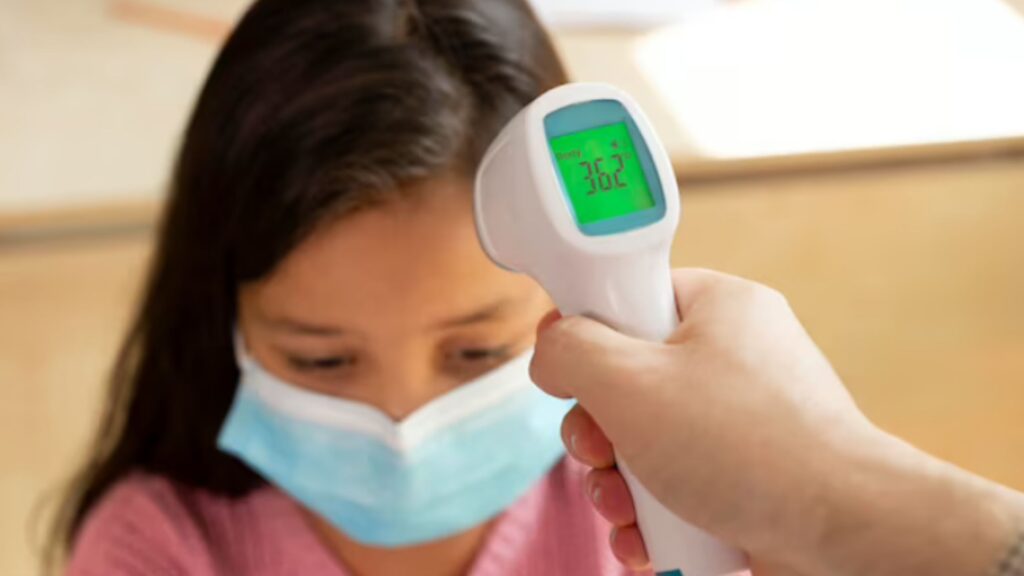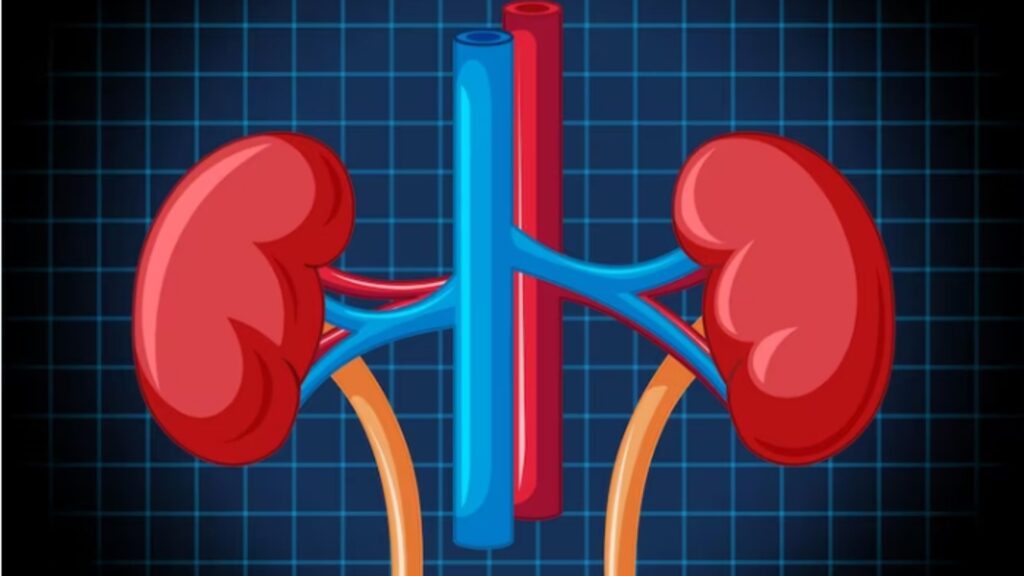Hydration is one of the most important aspects of maintaining good health and well-being. It is essential for proper functioning of our bodies and it affects all aspects of our lives. Our body is composed of around 60% water and it is constantly losing water through urination, sweat, and other bodily functions. Therefore, it is important to drink enough water to maintain a healthy balance of fluids in our bodies. In this blog post, we will explore why hydration is key to your health and well-being and how you can ensure that you are getting enough water.
Why hydration is important for your health and well-being?
Helps maintain body temperature:

Water plays an important role in regulating body temperature. When we get too hot, we sweat and the evaporation of sweat cools us down. However, if we do not drink enough water, we may become dehydrated and this can affect our ability to regulate our body temperature. This can lead to overheating, heat exhaustion and heat stroke.
Improves cognitive function:

Dehydration can also affect our cognitive function. Our brain is made up of 73% water, so it is important to drink enough water to keep our brain functioning properly. Studies have shown that even mild dehydration can impair cognitive function, such as our ability to concentrate, remember, and think clearly.
Boosts athletic performance:

Athletes need to drink enough water to maintain their performance. When we exercise, we sweat, and we lose water and electrolytes. If we do not replace these fluids, we may become dehydrated, which can affect our athletic performance. Studies have shown that even mild dehydration can impair athletic performance and increase the risk of heat exhaustion.
Helps with digestion:

Water is essential for proper digestion. It helps to soften stools and move food through the digestive tract. This can help prevent constipation and other digestive problems. Drinking enough water can also help prevent stomach ulcers and acid reflux.
Helps with weight loss:

Drinking water can also help with weight loss. It can help to fill you up and reduce your appetite, which can lead to consuming fewer calories. Drinking water before meals has been shown to reduce calorie intake and increase weight loss.
Improves skin health:

Drinking water can also improve the health of your skin. It helps to keep your skin hydrated, which can reduce the appearance of wrinkles, fine lines, and dry skin. It can also help to flush out toxins and impurities from the skin, which can help to reduce acne and other skin problems.
Helps with kidney function:

Water is essential for proper kidney function. The kidneys play an important role in removing waste and excess fluids from the body. When we are dehydrated, our kidneys may not function properly, which can lead to the buildup of toxins in the body.
How much water should you drink?

The amount of water you should drink each day depends on several factors, such as your age, weight, gender, activity level, and climate. The Institute of Medicine recommends that men should drink around 3.7 liters (or about 13 cups) of water per day, while women should drink around 2.7 liters (or about 9 cups) of water per day. However, this is just a general guideline and you may need more or less water depending on your individual needs.
Tips for staying hydrated:
Here are some tips to help you stay hydrated:
- Drink water regularly throughout the day. Carry a water bottle with you wherever you go, so you can easily sip on water throughout the day.
- Eat water-rich foods. Fruits and vegetables, such as watermelon, cucumber, and celery, are high in water content and can help you stay hydrated.
- Drink water before and after exercise










